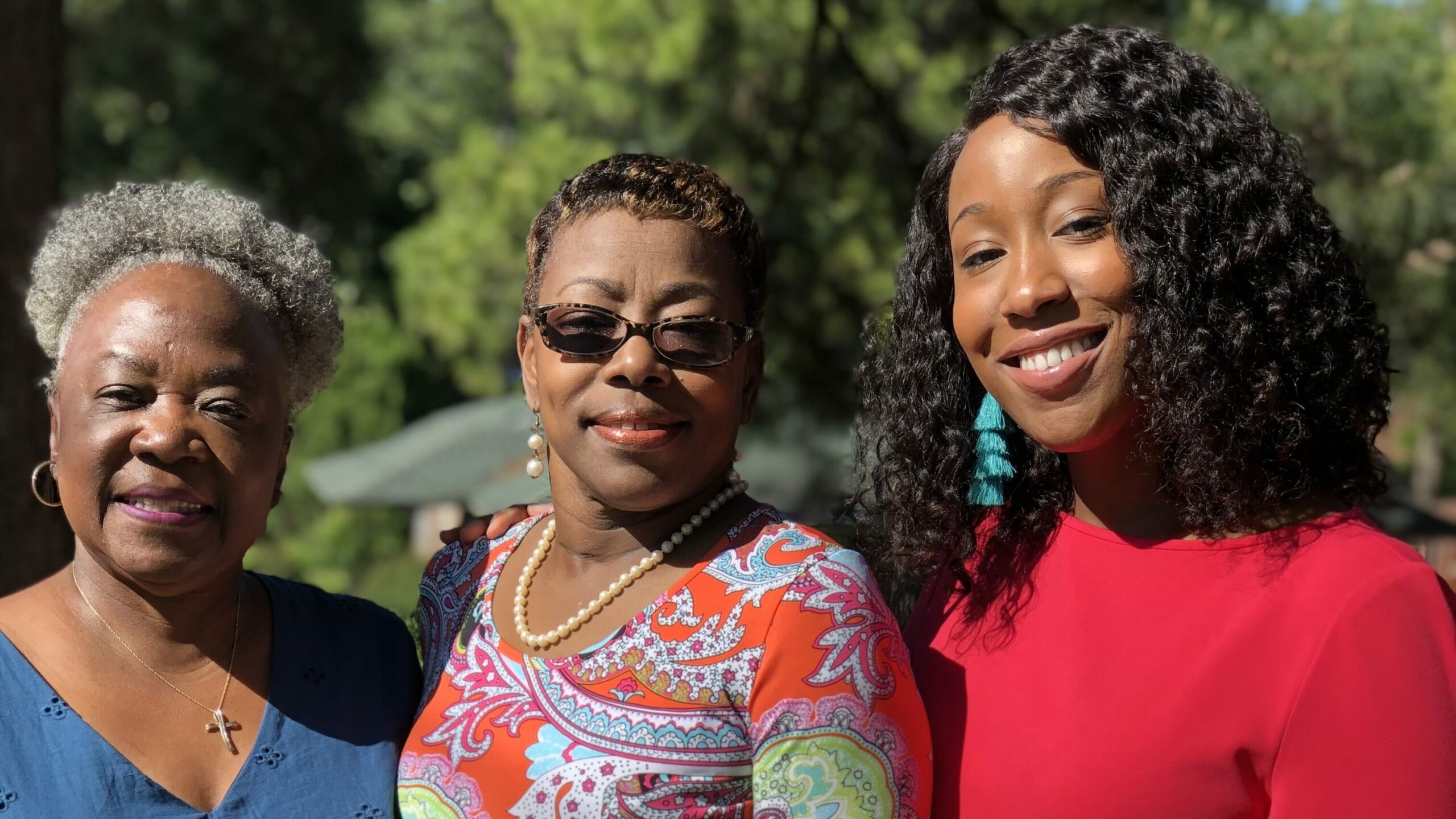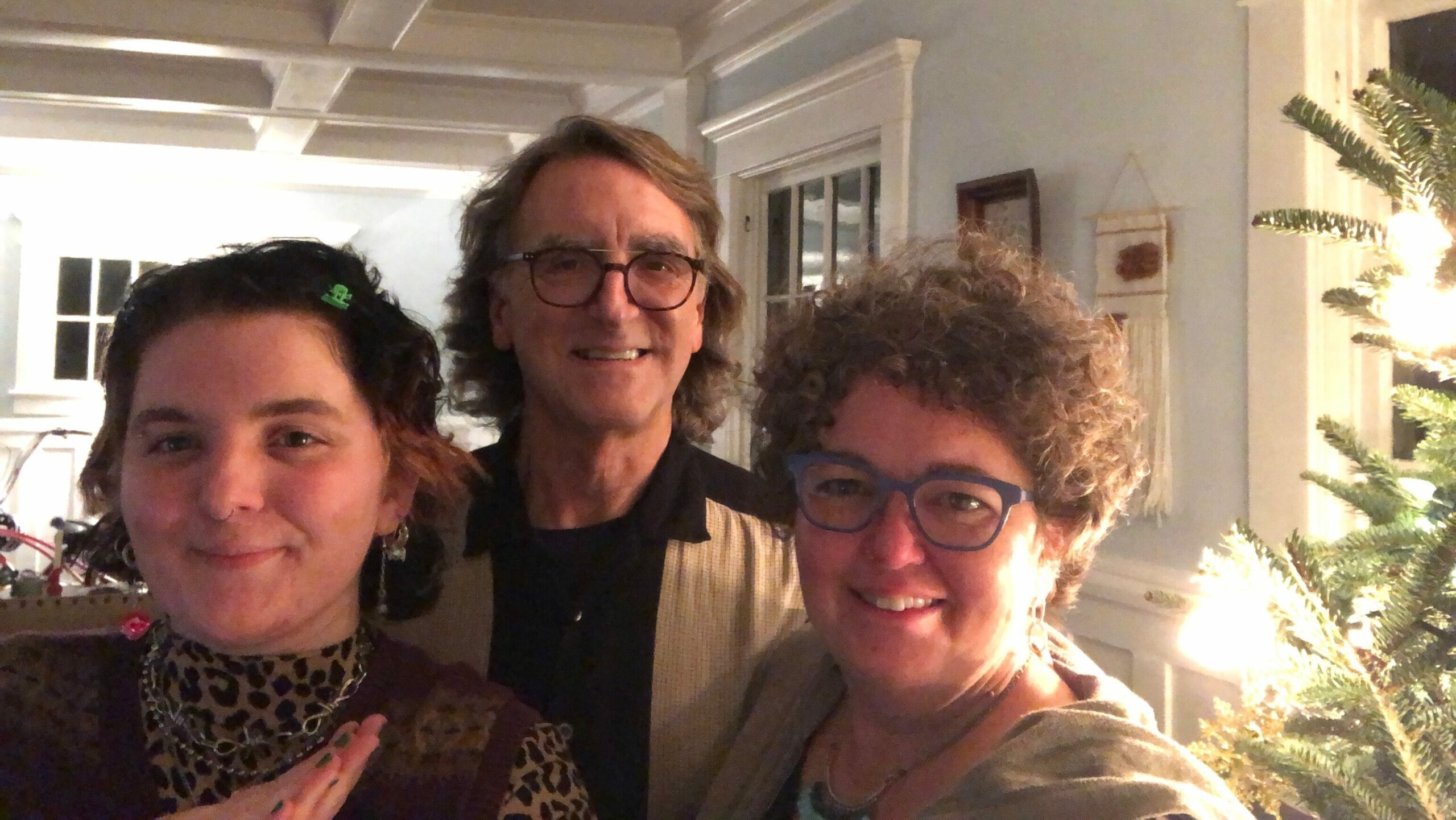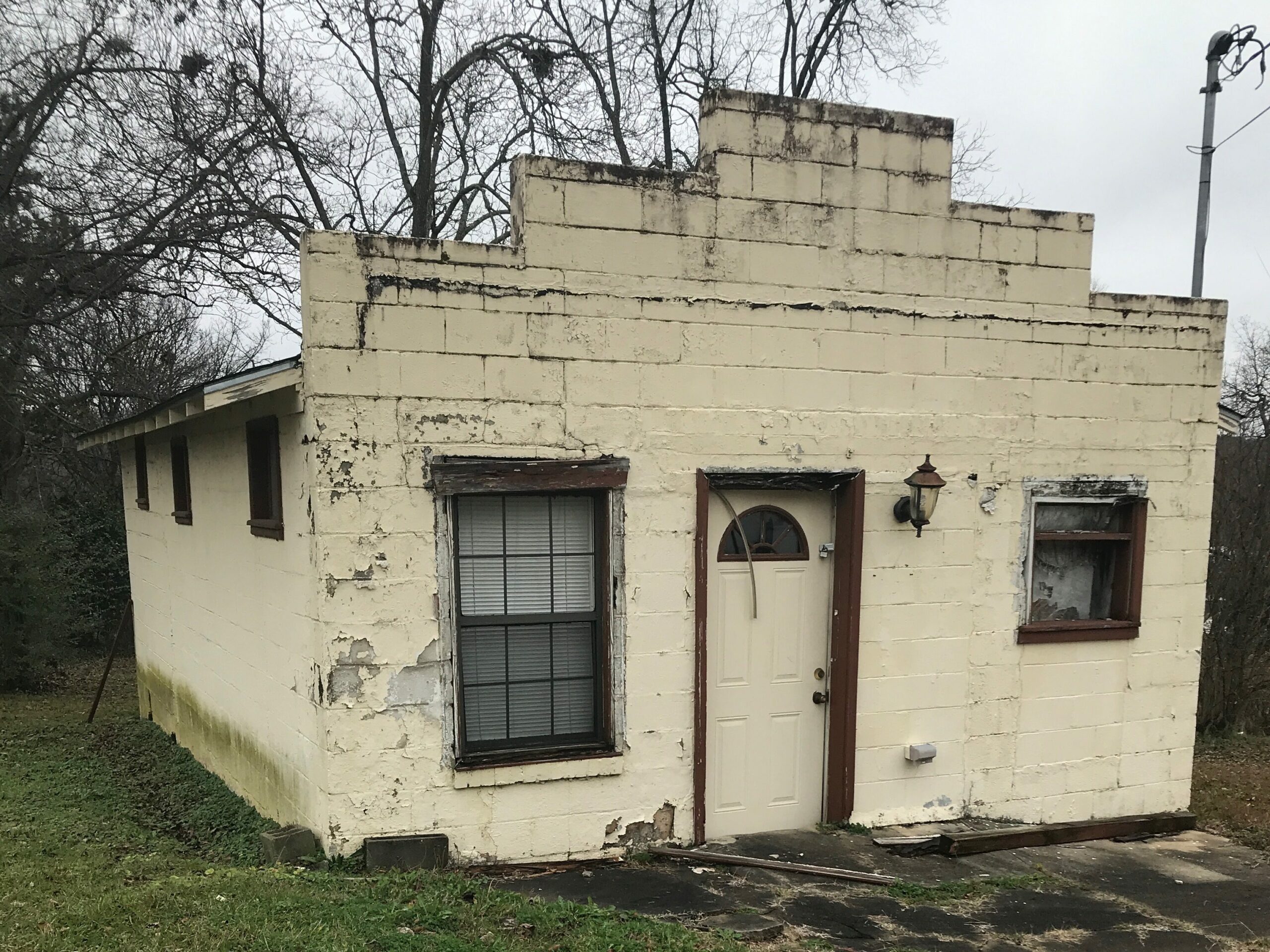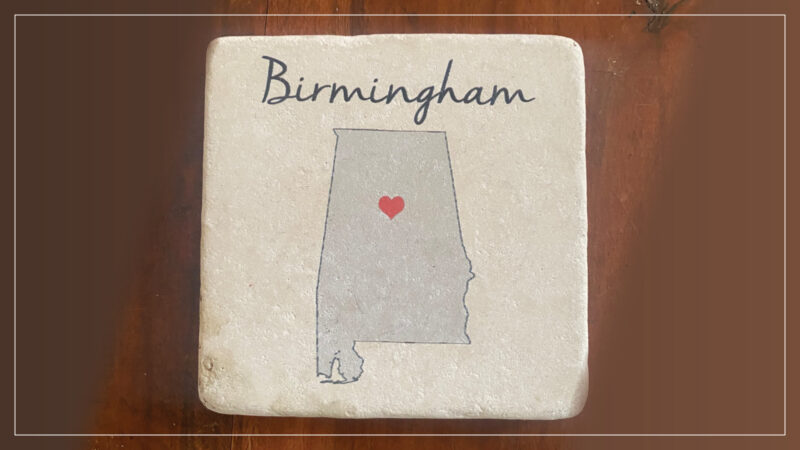Three Birmingham families on what the Magic City means to them as the city turns 150
Birmingham marked its 150th anniversary Sunday. The city officially began on Dec. 19, 1871, when the state legislature incorporated the city. Birmingham saw rapid growth, fueled by mining and steel production, earning it the nickname the Magic City. The city later became a focal point of the civil rights movement.
But tens of thousands of people also called Birmingham home. Three families shared their stories of what the Magic City means to them.

The Parker and Fells family
Cherrye Parker’s Birmingham roots goes back 100 years when her great grandmother moved to the bustling industrial city from Lincoln, Alabama, in 1921.
“My grandmother was very, very, very young,” Parker said. “They moved right to the Titusville area, and we have been here ever since.”
Not only is the family tied to Titusville, but they worked for generations in the Birmingham City Schools. One relative taught at Carver High School. Parker’s mother worked at what is now Jackson-Olin High School.
“From there she went to Hayes High School when it opened,” Parker said. “Our family was friends with Carol W. Hayes, from which the school is named.”
Hayes was the last director of negro schools for Birmingham City Schools and selected the teachers who would open the school named for him.
“Our mother was one of those teachers,” Parker said.
Parker is in her 40th year with the school system. But there is more than the family’s devotion to education and their neighborhood that keeps them in the city. They enjoy Birmingham’s beautiful landscape.
“We are at the end of the Appalachian Mountains,” Parker said. “When we look at the hills and stuff around, it’s just so pretty. It’s just a pretty place.”

The Deter Family
David Deter settled in Birmingham’s Highland Park neighborhood but has not always lived in the city. He moved to the Birmingham area from Dallas in the 1990s when he took a new job. He thought was going to what he called a “cultural wasteland” full of strip malls.
“The first weekend I looked to see what music was playing,” Deter said.
He saw a familiar band scheduled to play at Sloss Furnaces.
“I thought, maybe I’m not moving to that cultural wasteland,” he said.
David met his wife, Mandy, through a blind date set up by mutual friends who worked at a music store called the Magic Platter. After getting married, they moved to South Dakota and had a baby. Three years later, they moved back to Birmingham and decided to make it their permanent home.
“Birmingham is so accessible to people and that’s what really draws me to city life, the diversity,” Deter said. “That’s one thing I noticed about Birmingham is there’s so many people that are from here and stay here and love it here.”
David’s child, Frankie, felt an obligation to the city, and realized this after leaving for a few months.
“I have tried to move and I can’t get out,” Frankie Deter said. “I’ve grown up here. I should add to the change and help the city grow in other ways rather than just moving somewhere else and going into what another city has going on. Got to kind of stay and help where you’re from.”

The Short Family
WBHM’s local government and community affairs reporter and Birmingham native Cody Short spoke with her own family about their ties to the city. The family believes Short’s great-great grandfather came to Birmingham’s Woodlawn neighborhood in 1917, after leaving Moss Point, Mississippi, for better opportunities. He soon started a family and owned a couple of businesses.
“He had a store up on the hill on 66th Street, but he had a cafe first,” said Lamar Short, Cody’s grandfather.
William Short, Lamar’s brother, recalled growing up in the neighborhood.
“Back years ago, families stayed together. It wasn’t a think where you could get up and leave. As long as we were together in that certain neighborhood, we could stay there,” William Short said.
They were witnesses to the civil rights movement and the changes it brought. They saw Birmingham flip demographically and how there are more Black people in positions of power.
Because of the sacrifices in Birmingham, Lamar Short said, the entire country benefited through expanded rights and freedoms.
“Birmingham was the main focus,” Short said.” That’s what (the city) means to me.”
Editor’s Note: Updated 12/20 to correct the spelling of Cherrye Parker’s name.
The Trump administration reverses its promise to publish key climate reports online
Earlier this month, the government websites that hosted the authoritative, peer-reviewed national climate assessments went dark. Officials say they're only obligated to give the reports to Congress.
Stacey Abrams warns of autocracy and voter suppression, doesn’t rule out another run
Abrams isn't running for office — but she's not ruling it out, either. "Politics is a tool ... for getting good done, but it's not the only one." Her new thriller is Coded Justice.
Floods are getting more dangerous around the country
New York, North Carolina, New Mexico and Texas have all suffered serious flooding this month. Climate change is causing even more rain to fall during the heaviest storms.
In Britain, hopes are mounting to finally clean up sewage-polluted waterways
After years of polluting by the water industry, a report planned for release in the coming days could lead to tightened regulation while also prompting an expensive modernization drive.
The 2025 Emmy nominations are being announced this morning
Nominations for the 2025 Primetime Emmy Awards are being announced on Tuesday. They'll be presented by actors Harvey Guillén and Brenda Song.
Inflation heats up in June as President Trump’s tariffs start to bite
Consumer prices were up 2.7% from a year ago — a larger annual increase than the month before.







